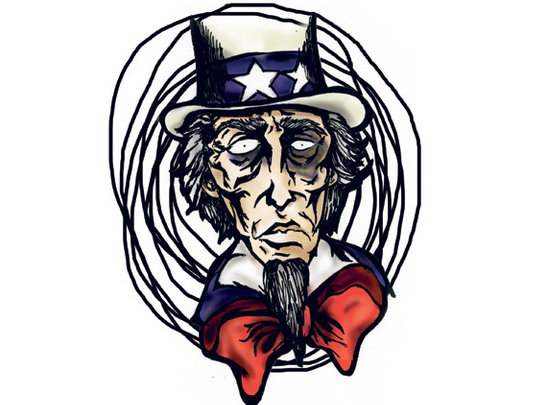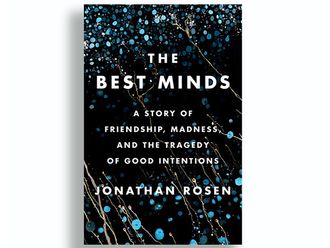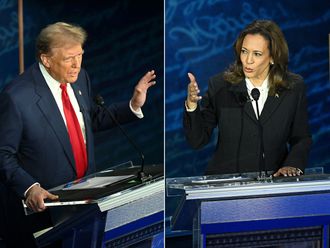
When US President Barack Obama confirms this week that all American combat forces have left Iraq, you can be sure of one thing. He will not repeat the triumphalism of former president George W. Bush's suggestion seven years ago that America's mission there has been accomplished.
Obama always considered this a ‘dumb' war, and events have proved him largely right. America and its allies may have rid the Middle East of a bloodstained dictator, but Saddam Hussain's vaunted weapons of mass destruction turned out to be a chimera and the cost in American and especially Iraqi lives has been hideous. Iraq, it is true, is no longer a dictatorship.
Thanks in part to Bush's lonely refusal in 2007 to heed the calls to cut and run, the sectarian bloodshed that followed the invasion has abated. But the country's new democracy remains chronically insecure, which is one reason why some 50,000 American ‘support' troops are to stay behind to shore it up.
To many Americans, the misadventure in Iraq has come to symbolise a broader wrong turn America made after Osama Bin Laden assaulted it on September 11, nine years ago. Nearly six out of ten Americans now say that they oppose even Obama's ‘good' war — the one against Al Qaida and the Taliban.
An America that is bleeding economically at home is losing confidence in its ability to shape events in far-flung regions such as Central Asia and the Middle East.
Even in an age of austerity America still towers above all-comers in military power, as well it should given its annual defence spending of $700 billion (Dh2.56 trillion), almost as much as the rest of the world put together. But the past decade has laid bare the limits of high-tech power.
Whizz-bang technology enabled America to conquer Afghanistan and Iraq in the twinkle of an eye with negligible losses. Subduing them has been harder. Of the two million Americans who have served in the two wars over the past decade, some 40,000 have been wounded and more than 5,000 killed.
Given all this, it is a credit to Obama that he has resisted the temptation to follow the popular mood and turn his focus entirely inward. In his gut Obama may well care more about nation-building at home than he does about exercising superpower abroad. But if so it is an instinct he has curbed.
At times, Obama's conciliatory tone has been read as weakness. But he has notched up successes, too, such as resetting relations with Russia partly to tighten sanctions on Iran. Moreover, his deeds have been tougher than his words.
Unpopular war
He decided to send reinforcements to Afghanistan in spite of the war's unpopularity at home. Paying attention to China's sensitivities did not stop him selling arms to Taiwan or eventually meeting the Dalai Lama.
Although Obama fumbled his initial foray into Arab-Israeli peacemaking — he picked a fight with Israel on colony-building and then seemed to back down — he started working on this conflict earlier in his term than some presidents, and appears intent on persevering.
Obama is a less ‘transformational' president than his talk about a newly multipolar world would have you think. He does not subscribe to the neocon dream that America can intimidate every foe and expect the whole world to adopt its values. But he also plainly believes, and is right to do so, that there are some global jobs that America alone has the mix of military, economic and diplomatic muscle to undertake.
At a minimum these include leading the fight against Al Qaida, holding the ring in Asia, averting war between Israel and its neighbours and preventing Iran from acquiring a nuclear bomb.
Many Americans would like the withdrawal of combat troops from Iraq to signal the beginning of the end of America's overall embroilment in the benighted regions of the world. They look with understandable envy on rising powers such as China and India that have devoted the past decade to the serious business of becoming rich.
The mistake of Iraq has strengthened the instinct against foreign adventures. But it is no less of a mistake to imagine that the dangers of terrorism, proliferation and war will simply vanish if America were now to walk away from it all.
The fact remains that the biggest gainer from a strong America abroad is America itself. Whatever his gut tells him, Obama seems to understand that.









